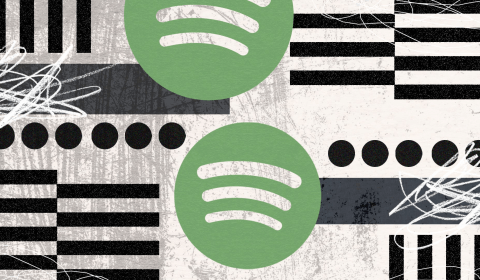Almost two-thirds of young people have their sights set on launching a business, and just under half have multiple side projects and freelance opportunities, according to Microsoft. It’s a result of stagnant wages and harder living conditions as goods become more expensive.
If you’ve spent any reasonable amount of time on TikTok, you’ll probably have stumbled on at least a few millennial ‘hustle’ or ‘money making’ videos that promote long working hours, freelancing, and lifting heavy weights at the gym.
As Gen Z becomes a larger portion of the population’s work force they bring new ideas and attitudes to established employment models. Such is the case with ‘hustle’ culture. Where once it was seen as an envious flex of productivity and career-focused determination, it has since become a basic necessity in order for young people to survive in a tough economic environment.
Rent, bills, food prices, and cost of goods are all rising exponentially. For many Gen Zers (including this one), almost half of their salaries are used for living expenses – making freelance and extra projects a must rather than a luxury of having your life together.
So, how are young people redefining the idea of ‘hustling’ in 2022? Let’s jump into it.
Side business work is still very much in fashion
It shouldn’t come as too much of a shock, but side hustles and extra freelance work remain very much in fashion with Gen Z.
Microsoft’s survey found that just under half of young people have multiple side projects, with 48% saying they work on extra freelance opportunities. To that end, a whopping 91% of Gen Z entrepreneurs said they work unconventional hours.
Social media has very much overlapped with this drive for work. Entrepreneurs who use TikTok for business are almost twice as likely to have side hustles, for example.
One of the biggest shifts between millennials and Gen Z is the reason for these side hustles, however. While it’s true that older folks have lived through recession and political turmoil, they were also lucky enough to be young people during a time of relatively stable economic growth in the noughties.
Gen Z have never known a world where wages weren’t stagnating.
The employment market has continuously become more competitive, with lower wages, more unpaid internships, further wealth divide, and harder entry qualification processes. Couple this with rising bills and you’ve a generation that need extra sources of income on the side, rather than doing so out of choice.


















